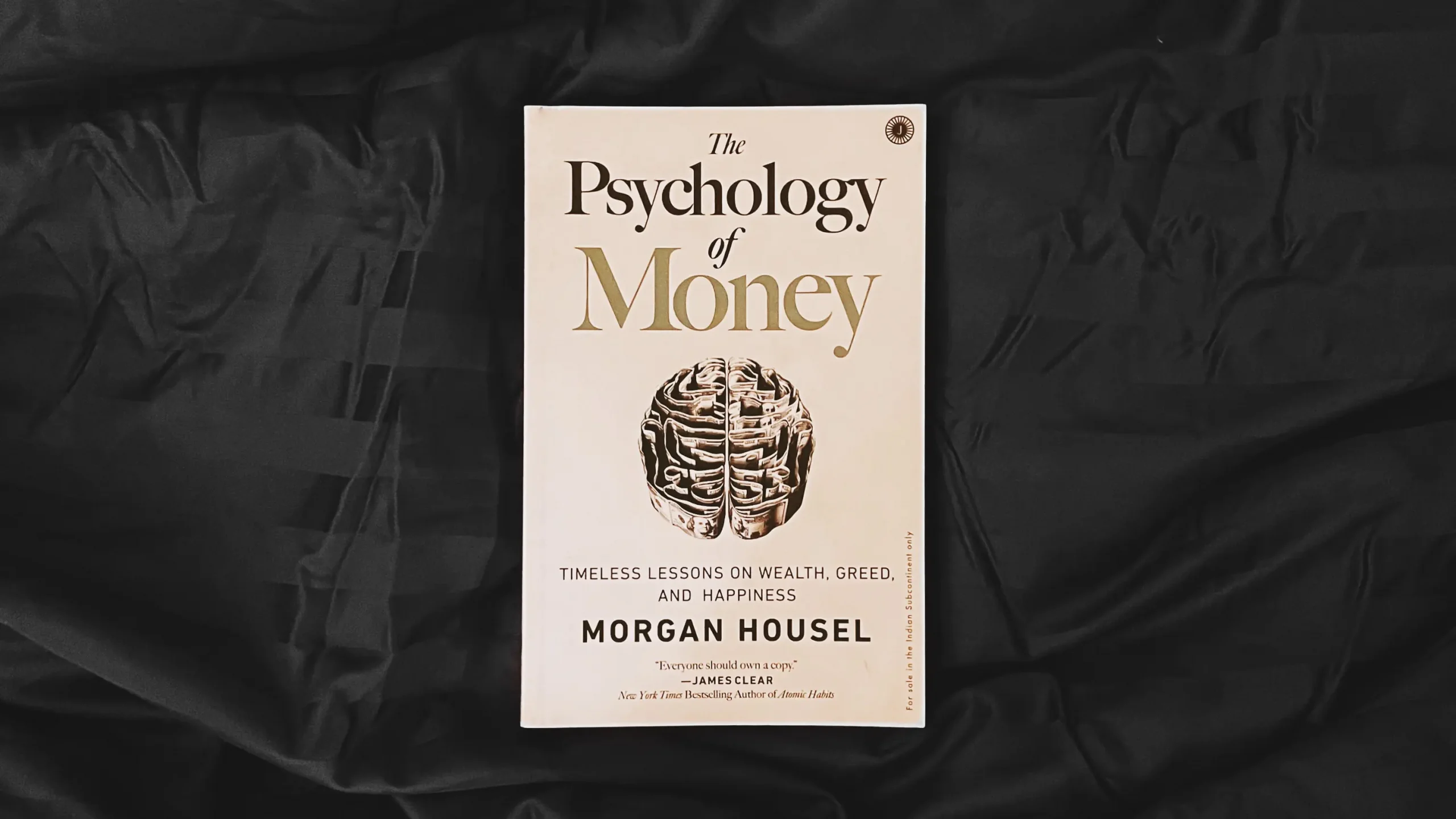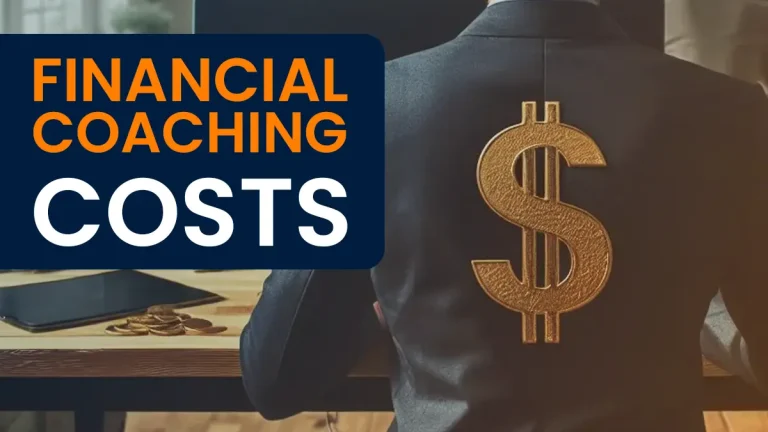It is estimated more than a third of all investing is now done passively, and that number is growing. If you’re yet part of the cult of passive investing, why not?
These are the books that convinced me that passive investing, and creating a lifestyle that accommodates passive investing, is a tremendous idea.
Reading these books will give you the following essential information:
- The basics of investing, including an understanding of the history, the jargon, and all the investment vehicles at your disposal
- The difference between active and passive investing (and ultimately, why passive investing is superior)
- The type of lifestyle you need to lead in order to be wealthy through passive investing
- An understanding that no matter how many books you read, you will never be (and should never try be) the next Warren Buffet.
Let’s get started!
1. Smarter Investing by Tim Hale
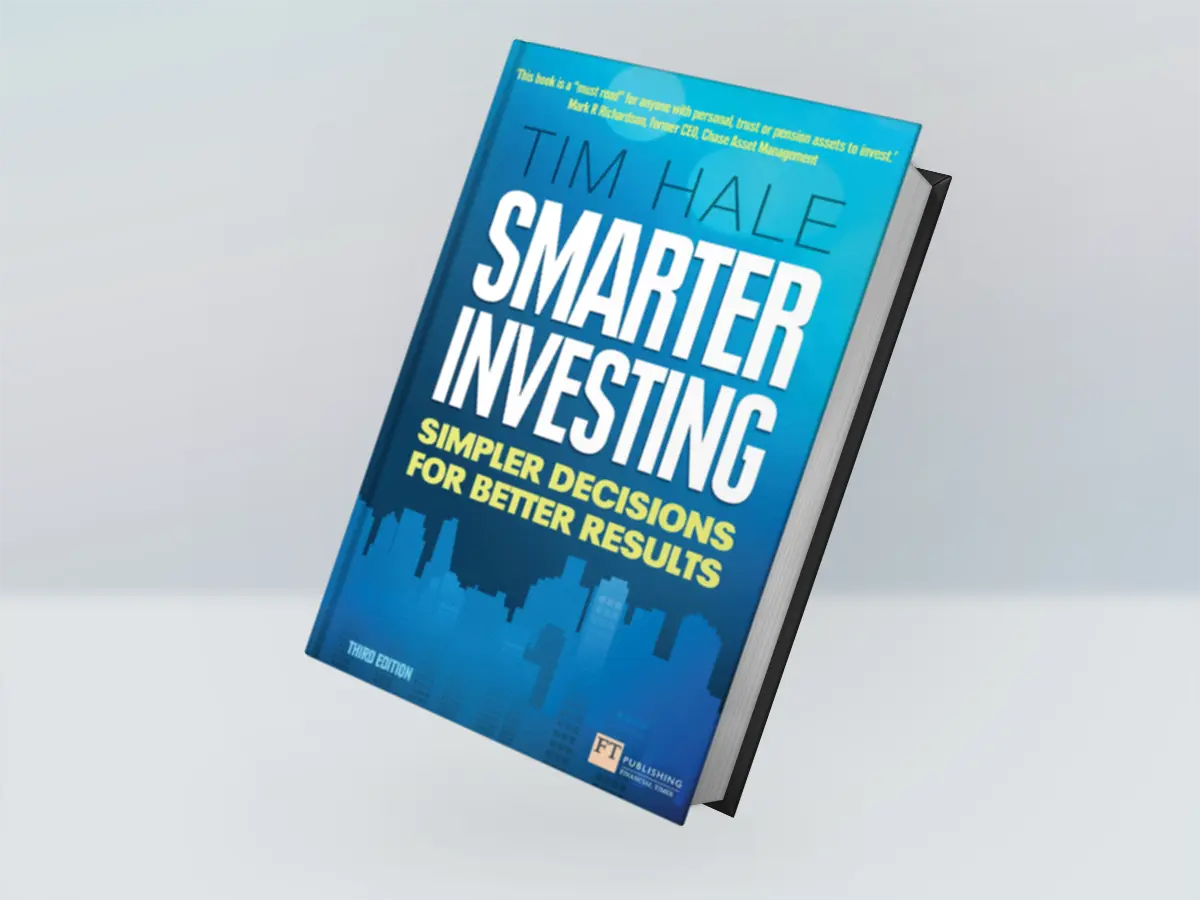
Smarter Investing is a fixture in the financial literacy community. It’s well recommended for beginners, but even for those already engaged in investing who might be lacking some fundamental understanding.
Tim brilliantly demystifies investing, breaks down all the terminology, and explains simply how to build an investment portfolio that suits your needs. Tim uses inarguable facts and figures to demonstrate why passive investing has been so fruitful since its inception in the 1970’s.
It’s easy for anyone to say ‘get into the market, invest passively, and stay in there no matter what’. But Tim is able explain why it is the right strategy in great depth, so that you don’t panic when the markets are in turmoil or turn to an expensive active fund manager out of desperation.
Ultimately, some of the passive investment strategies (the index funds) Tim recommends aren’t quite diverse enough for my liking (for example, being weighted too heavily to one country), but his breakdown of the passive investing principles and its virtues over active investing make this one an essential read, which is why it goes first on my list.
2. The Millionaire Next Door by Thomas J. Stanley and William D. Danko
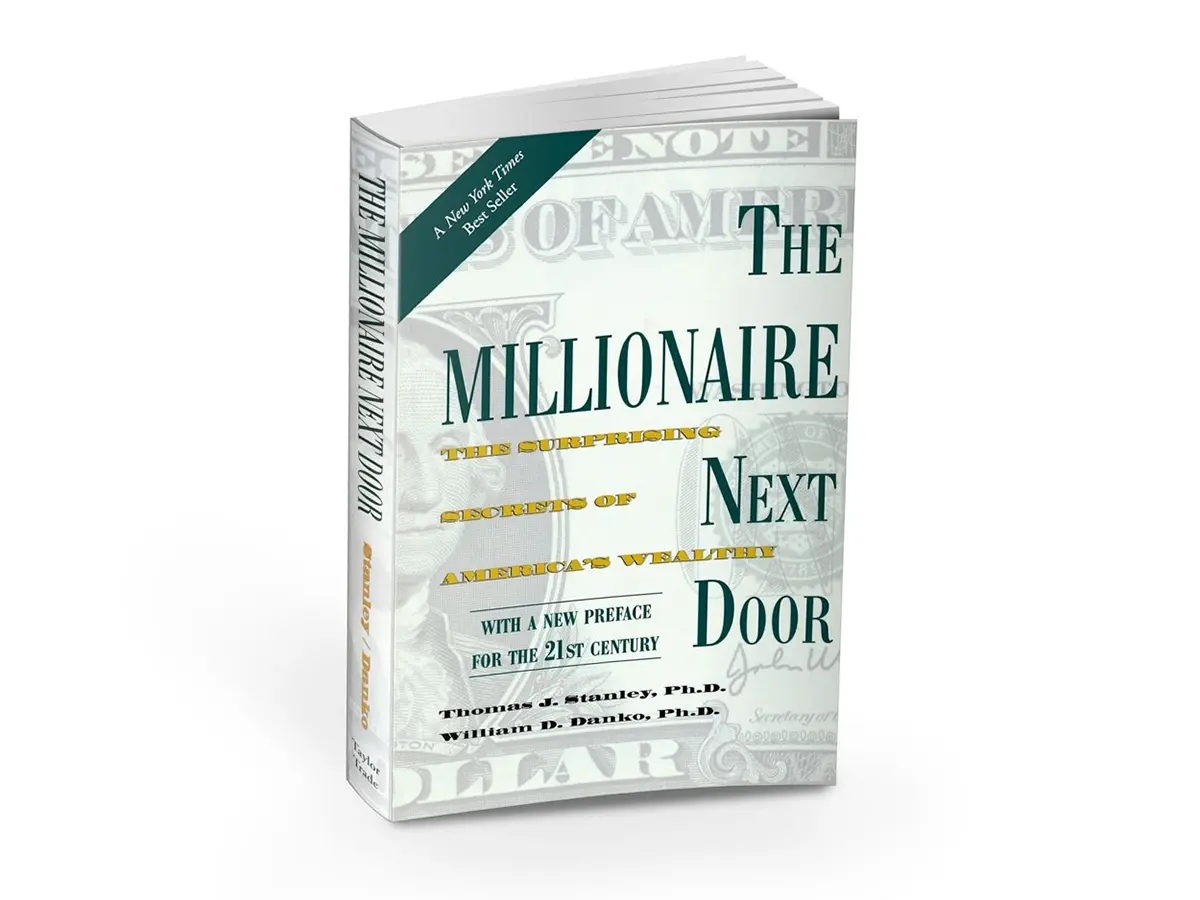
Let’s take a break from the intense, data-led learning by moving to a more lifestyle-oriented book.
In order to become a successful passive investor, you need to have a lifestyle that accommodates it.
The Millionaire Next Door is the result of focus groups with real, self-made millionaires. The authors wanted to uncover exactly what it takes to achieve a goal most can only dream of.
The main tenets of Thomas and William’s book is that you probably wouldn’t recognize your millionaire neighbor if you had one. They tend to live sensible, frugal lifestyles. Some characteristics would be owning a used (but reliable) car, a modest size house, and a distinct lack of designer clothing.
We can break the book down really simply:
- Save more than you earn
- Invest a large portion of your savings
- Work hard to earn a good living, through a high paying job or running your own business
- Lead a modest lifestyle – don’t go blow it all on materialistic possessions.
But there is tremendous value in reading the book. You’ll learn about Prodigious Accumulator’s of Wealth (PAW) and Under Accumulator’s of Wealth (UAW). You’ll want to know how to be in the former category!
You’ll learn about some common traps, such as spoiling your kids to the extent they become a serious drain on your finances.
Crucially, and perhaps contrary to this article, this book is not all about passive investing. In fact, it promotes taking some risky investment strategies if amazing opportunities arise. But it perfectly encapsulates the lifestyle you should aim for if you want to be a successful passive investor.
After all, if you have no money to invest after all your outgoings for the month, how will you ever become wealthy passive investing?
There are so many tips, presented wonderfully in The Millionaire Next Door, that the book is truly a joy to read. In many cases, it is life changing.
3. The Simple Path to Wealth by J.L Collins
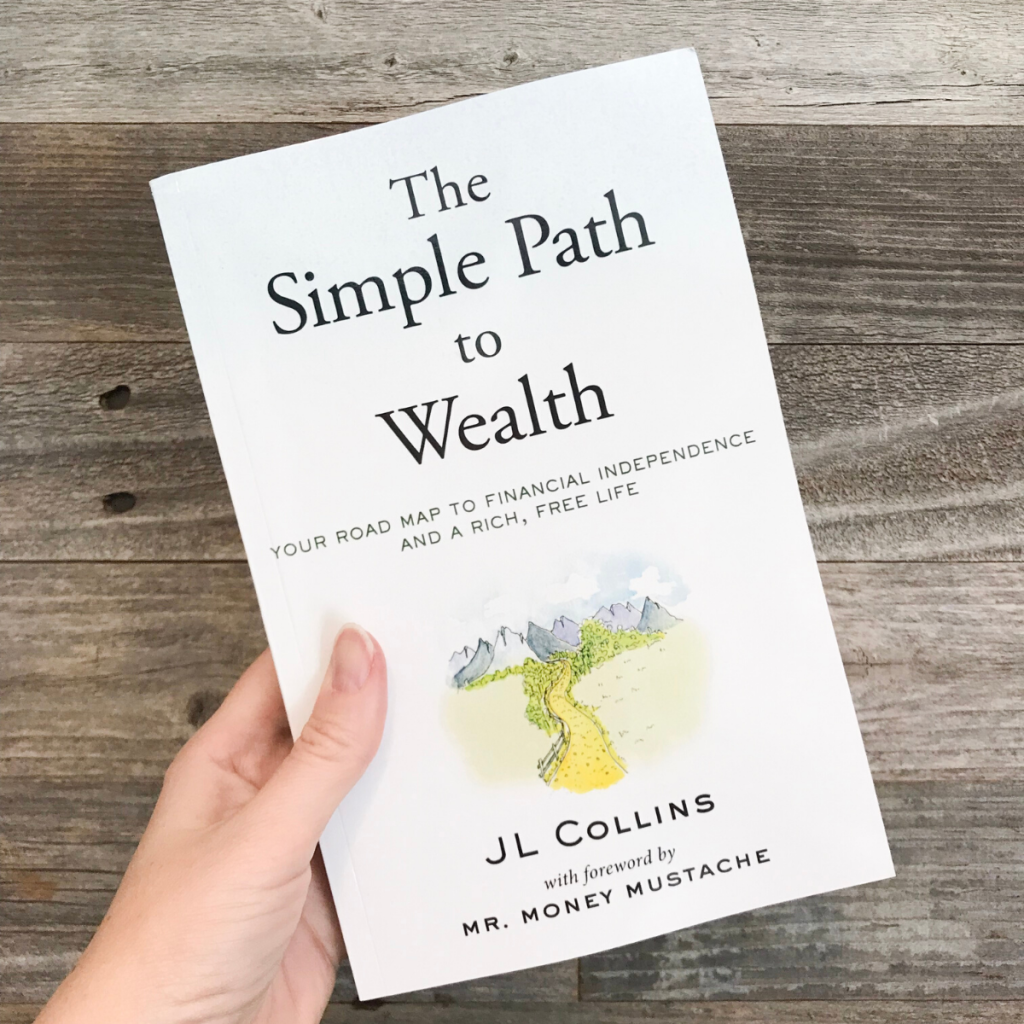
Let’s get back to pure passive investing.
The Simple Path to Wealth started life as a blog. Which in turn, started as a letter from J.L. Collins to his young daughter, on the keys to financial success. Over time, his series of blog articles became a blueprint for passive wealth building, and a book was born.
The author understands that most of us don’t have time to learn about investing in great detail. We have bridges to build, diseases to cure, and life to live. His belief is that you don’t have to spend a great amount of time thinking about (read: stressing about) your investments.
The stock market will rise and fall. But overtime, it generally goes up. Investing broadly in thousands of companies through passive investing is efficient. The stock market is self-cleansing, in that the good companies rise to the top and the weaker companies fall away without impacting your wealth considerably.
Investing through a provider like Vanguard is safe and secure – and J.L. is a big fan of Vanguard. They offer low fees because they operate at-cost (fees can very much destroy wealth, common in active investing).
Contrary to what he teaches, J.L. made his wealth as an active trader. But he admits, he could have saved himself a lot of trouble, and made similar returns, by passive investing.
J.L. also promotes a US-centric index fund which he believes is diversified enough (as most the US companies operate globally) but is again not what I would class as fully diversified.
Nevertheless, this might be my favorite passive investing book of all time. He writes beautifully, tells fantastic stories, and makes for easy reading. The audio book is great, too.
4. The Psychology of Money by Morgan Housel

Now let’s step back to a more macro view of money.
Understanding the way humans think about money can help you generate wealth, avoid financial mistakes, and create a happy life for yourself.
The Psychology of Money is packed full of useful information. You’ll learn about what shapes people view on money and why. You’ll learn about volatility of the market and how to handle big dips. The never-ending desire for more money, how to protect your money when you get it, the difference between being rich and wealthy and much more.
One of the key traps you might find yourself in as a passive investor is FOMO – fear of missing out. If your friends or acquaintances around you talk about making lots of money on short-term trading or investments, it might be tempting to get involved.
Morgan argues you should know what game your are playing. Passive investing is a long-term game – decades of waiting. Jumping into short-term trading due to FOMO could be a recipe for disaster. The principles a short-term active trader and a long-term passive investor live by are completely different, and that’s ok. If you are onboard with the passive investment strategy, stay with it.
However, this book is not about pure passive investing. It is at it best when giving examples of how you and others think about money, and why. I’d argue it is at its worst when advising investing in things like commodities, and possibly small amounts in cryptocurrency.
Ultimately, it is about diversification, which I am very much for. It provides context & interesting arguments for alternative investment strategies in a palatable and jargon-free way. I would encourage you to learn about these strategies for a well-rounded view of investing & portfolio options, even if I don’t recommend them myself.
Where to go next?
Check out our beginners guide to passive investing for a quick overview of what passive investing is, and how to get started.
Once you’ve read these books and are (hopefully) hungry for more, why not join some communities focused on passive investing and financial independence? Here are some reddit communities where you can find interesting discussions and like-minded people:

